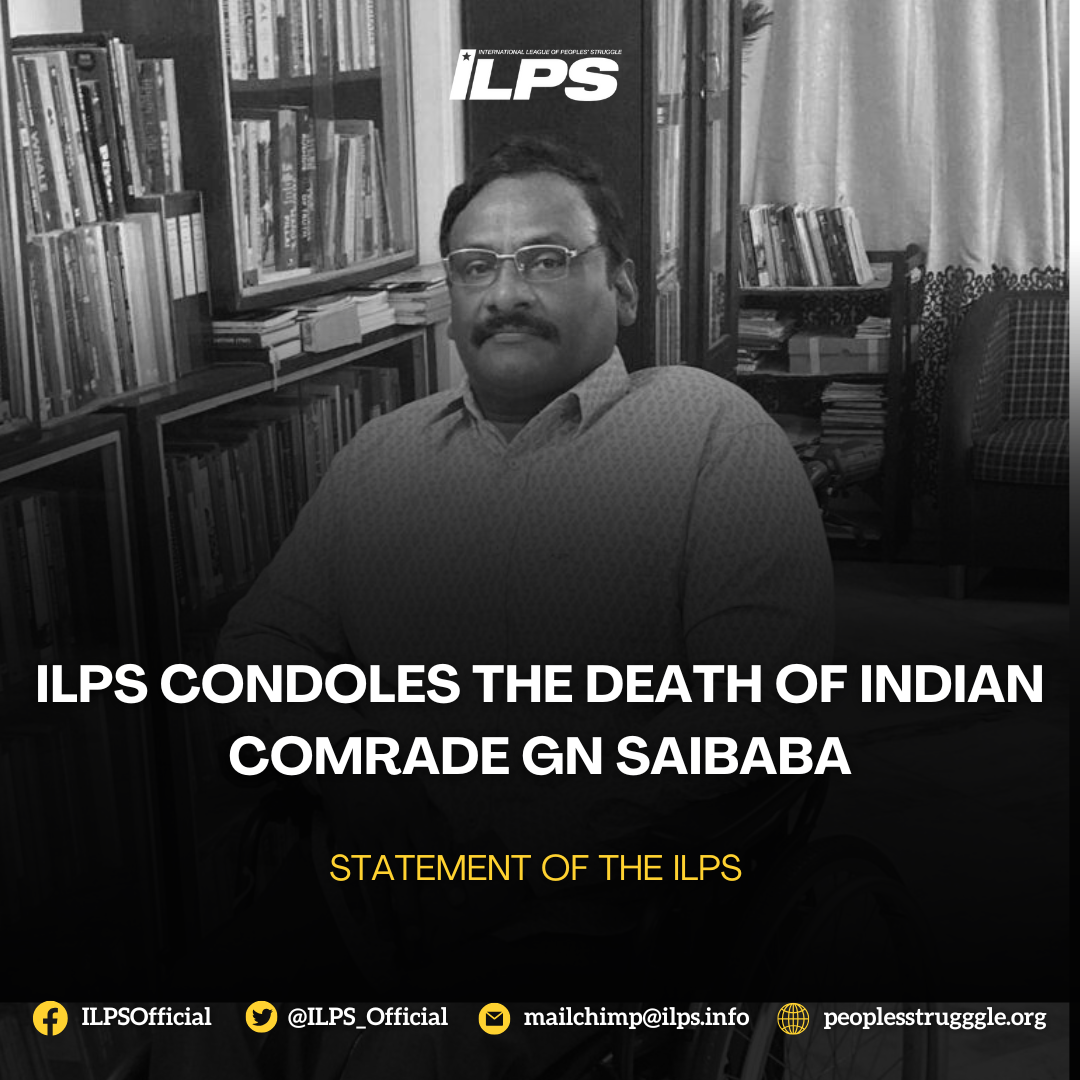The International League of Peoples’ Struggle (ILPS) is in solidarity with the Sri Lankan people in their militant protests to end the Rajapaksa tyrannical dynasty. We look forward to the advance of their struggle to address the long-standing debt burden, agrarian problem, import dependence, and oppression of the people including the Tamil minority. We hope they can truly achieve national unity, social emancipation and justice.
Sri Lanka has been in an ever tightening economic stranglehold of monopoly finance capitalism since it was recognized by the United States as an independent Ceylon under British dominion after World War II. It was placed under loan agreements of the World Bank and the International Monetary Fund (IMF) since 1950. After it became a republic in 1972, and the brutal suppression of a civil war from 1983 to 2009, including insurrections in 1971 and 1987-89, the country is plunged deeper into the quagmire of foreign debt subservience.
The Rajapaksa dynasty only fueled the people’s growing misery, discontent and rage. From self-sufficient rice and fish production to feed its people, the country could no longer feed its own people. Tens of thousands of Liberation Tigers of Tamil Eelam (LTTE) – known as the Tamil Tigers — lost their lives and up to 100,000 were forcibly disappeared. Farmlands were forcibly occupied by the military. Fisherfolk are out of work. Over a million sought jobs abroad as migrant workers.
Sri Lanka’s foreign debt increased from US$11.3 billion in 2005 to $56.3 billion in 2020. In April 2022, the government announced it could no longer pay its foreign debt ($38.6-B according to the IMF) with some $8.6 billion in repayments due in 2022. It is the first state in the Asia-Pacific region to enter sovereign default in the 21st century.
The quantitative easing policy made by US banks after the global financial meltdown of 2008 exported debt bubbles to developing countries including Sri Lanka. Western central banks had favored a monetary policy of quantitative easing, creating low global interest rates. This facilitated Rajapaksa’s borrowing-and-spending spree. The winding-down of quantitative easing in the US after 2013, sharply increased Sri Lanka’s borrowing costs. Interests rates doubled, some 10 percent for short term loans and long-term rates from 7-8 percent to 11–13 percent.
Foreign creditors were quick to blame domestic policies for the crisis without pointing out the structural flaws aggravated by imperialist policies.
They blame the food crisis on the local ban on agrochemical fertilizers and organic farming. They blame tax cuts and the government’s deficit spending. They blame Sri Lanka for losing out to Chinese creditors on a $361 million ports project while owing western banks billions of dollars. It was the ratings agencies who lowered Sri Lank’s credit ratings.
Sri Lanka could no longer pay for its food and fuel. Schools have no more paper. Hospitals are lacking life-saving medicines. The dwindling dollar reserves could not simply be covered by more borrowings, tourism and migrant workers remittances.
The backward economy is heavily dependent on foreign trade and investments, with bigger import payments and lowered exports, amid a global slowdown following decades of failed neoliberal policies.
The US also recognizes the strategic importance of Sri Lanka in the Indo-Pacific region. From a naval strategic point of view, Sri Lanka brings more advantages in terms of distances to strategic points along the littoral and sea-lanes. Sri Lanka has in the past accorded permission to US naval forces to use the harbor at Trincomalee as US assistance to the country has totaled $2 billion.
As thousands protest in the country’s capital, Colombo, occupying government offices and residences, President Gotabaya Rajapaksa resigned in July 22 this year but the family still dominates the 113 lawmakers in parliament who will choose the next president. It was silent in the north and eastern part of the island as the Tamils continue to demand justice for the government’s war crimes and atrocities.
The ILPS calls on the international community to support the demand for unconditional cancellation of all debt and to extend their solidarity to the people of Sri Lanka as they fight for freedom, democracy and justice. ###
Signed
Len Cooper
Chairperson, ILPS
3 August, 2022



